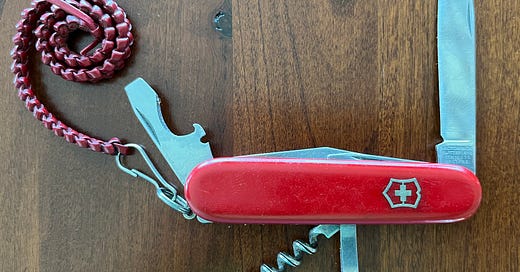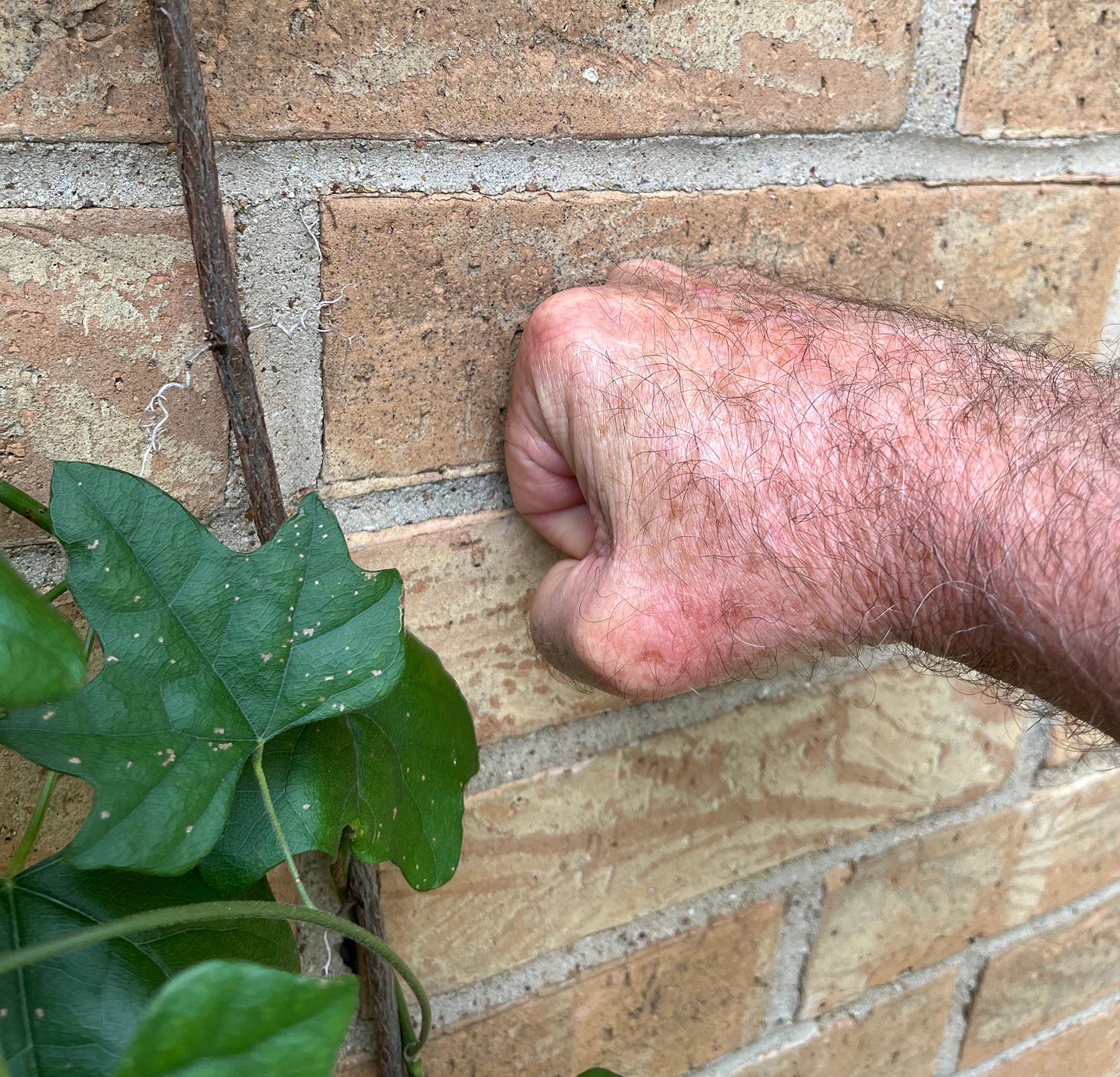What makes a book compelling? Join me in developing our “Eyes and Ears” for finding compelling stories.
I had the sort of childhood novelists cringe over. Stephen King’s father left him at a young age and he turned to books. King, of course, is a brilliant writer.
I joined the Boy Scouts.
Before you ask if I also joined the litigation against the Scouts, know nothing bad happened. I camped and backpacked to my heart’s content. To illustrate my Boy Scout troubles, I was hailed on by stones—of pea size.
Outside the blissful nirvana of scouting, I swam in Lake Ponchartrain and never drowned. I went sailing once in the winter and suffered sprayings of fifty degree water. It was miserably exciting, and we turned the car heater on full on our way home. I dove into a narrow, tunnel-like cave in Florida. A couple of hundred feet down, we accidently stirred up the bottom sand enough we were disoriented, which in a cave of course means near-certain death. We swam a few feet into clear water and made our way to the top.
My parents weren’t drug addicts or alcoholics or depressed. Not to say depression stayed clear of our family; I frequently suffered when told I couldn’t have as much rope to roam as I wanted. (It chafed, the tight rope.) Hey mom, how about letting me ride my bike miles away? All the other ten-year-olds are doing it.
Doubly cursed, my grandfather and father were engineers. My tendency of getting to the bottom of things and fixing it is hard-wired. “Hey character, if you open the door in the dark, the bad thing is going to get you. Don’t be stupid.”
I blame my parents for botching my childhood. If they’d have ignored me, or abandoned me, I’d be a lot better writer. I’d carry a resentment that reverberates throughout my writing.
Writers of fiction need to get emotional. So much so, a reader picks it up and feels it. And to do that, they draw from their own experiences.
When I first started writing fiction, I’d spent a career reading and writing non-fiction, frequently loaded with technology. It’s why I loved patent work. But it was unemotional and it showed in one of my first novels:
Benjamin prepared for his trip, the longest trip he’d ever taken.
The words get it done engineering-like, efficient without waste, but how about dropping in something a reader can grab onto:
Benjamin put off packing, because he knew it was one way. He’d never come back.
Better, right?
You can read this right off the bat from some pros.
In the opening lines of Carys Davies' Clear, we’re on the verge of drowning:
He wished he could swim—the swimming belt felt like a flimsy thing and it had been no comfort to be told not to worry, the men couldn’t swim either.
Each time they rose he glimpsed the rocky shores, the cliffs, the absence of any kind of landing; each time they descended, the rocks vanished and were replaced by a liquid wall of gray.
He closed his eyes.
Thump.
Dear God.
Decided not to take that next sip of coffee or water? A nonswimmer, surrounded by a wall of opaque water, can’t get much more terrifying.
How about freezing with Apsley Cherry-Garrard in The Worst Journey in the World?
Polar exploration is at once the cleanest and most isolated way of having a bad time which has been devised. It is the only form of adventure in which you put on your clothes at Michaelmas [the feast of St. Michael’s in late September] and keep them on until Christmas, and, save for a layer of the natural grease of the body, find them as clean as though they were new.
So cold you can’t change your clothes for three months? Why bother, if you can’t wash your clothes in a freeze?
How about being arrested with Jack Reacher in Lee Child’s first of the series, Killing Floor?
I was arrested in Eno’s Diner. At twelve o’clock. I was eating eggs and drinking coffee. A late breakfast, not lunch. I was wet and tired after a long walk in the heavy rain. All the way from the highway to the edge of town….
I was in a booth, at a window, reading somebody else’s abandoned newspaper about the campaign for a president I didn’t vote for last time and wasn’t going to vote for this time. Outside the rain had stopped but the glass was still pebbled with bright drops. I saw the police cruisers pull into the gravel lot. They were moving fast and crunched to a stop…
Here come the cops. Is your stomach tightening?
These pros put emotion in their stories, drawing us in. What do they draw on in their writing? Cherry-Garrard’s book is a memoir of his journey to Antarctica. With the other two, who knows? Maybe bad life experiences.
What about us writers who haven’t suffered traumatizing childhoods? What are we supposed to do to get good and mad? How are we supposed to write emotionally, become better writers?
Thanks mom and dad for being terrible, caring parents.
What books capture you emotionally?
All the Best,
Geoff
If you enjoyed this post, please hit the heart “❤️” so others can find it. It’s at the bottom and at the top.






I can relate to that idyllic childhood! Memories of sweet, creamy, slightly grainy homemade vanilla ice cream infused with juicy fresh blueberries, melting in your mouth; riding bicycles on a concrete sidewalk in the warm summer sun, hoping the black rubber tires would dust up yesterday's hopscotch chalk; sitting in the lush green grass chewing on the base a freshly selected stem of St. Augustine...yes, my friend, those were our innocent good old days!
When Frank McCourt was asked how to be a good writer, he said, “Have you suffered?” But then, he was Irish. In the good old days the Fort Worth Star-Telegram sponsored interviews of well-known writers free and open to the public.